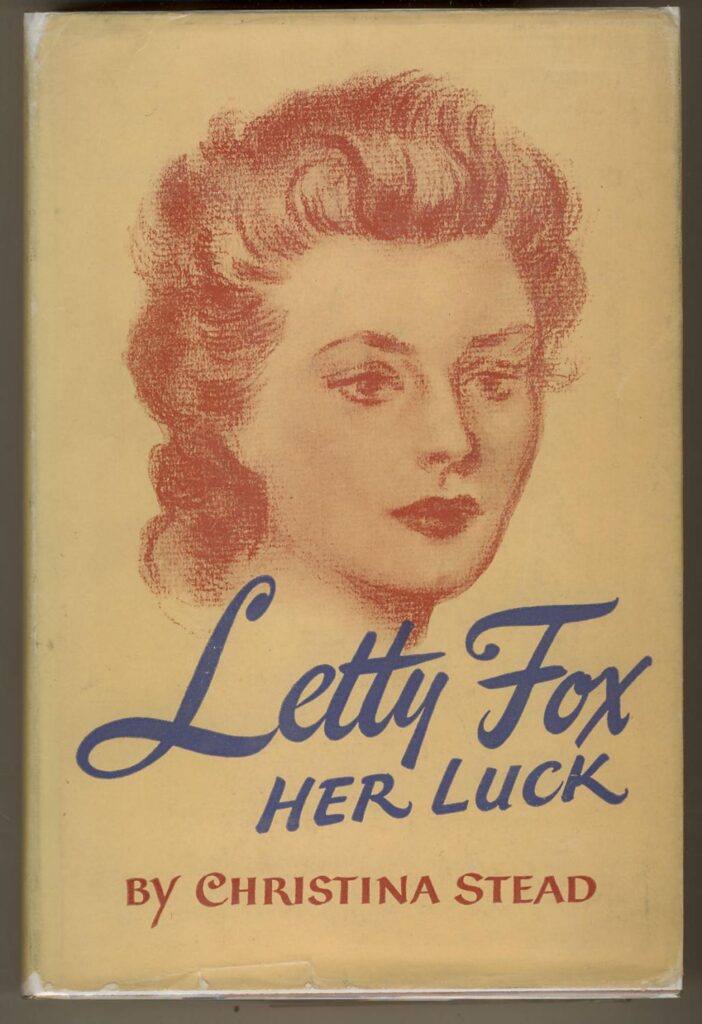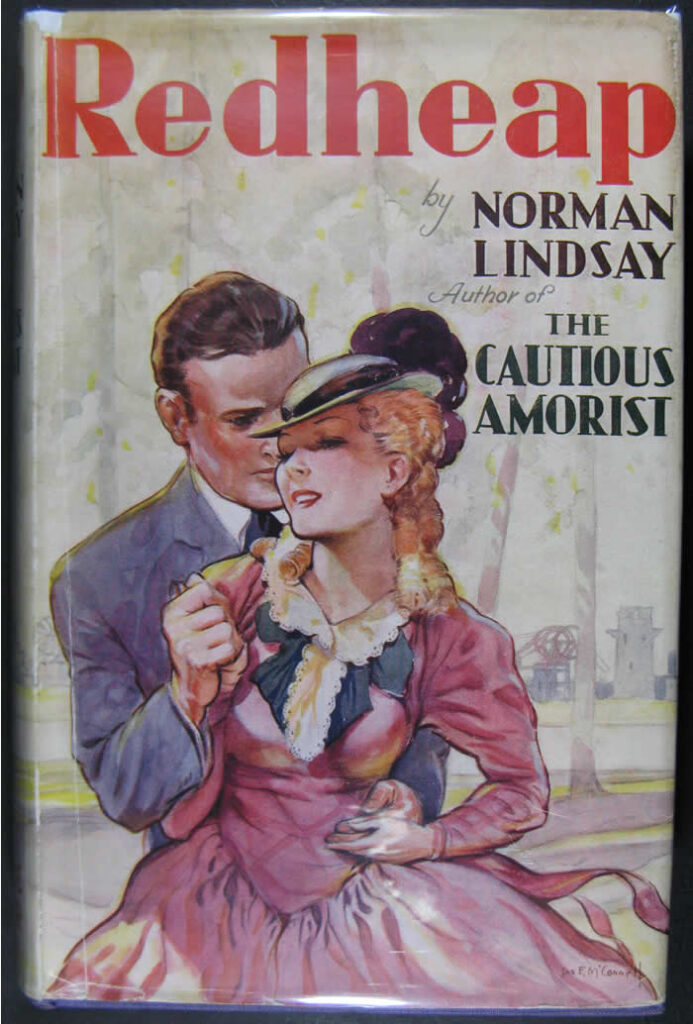A New Addition to Die Kasseler Liste
Banned in Australia – a project of AustLit: https://www.austlit.edu.au/banned.
After the passage of the Customs Act in 1901, Customs grew up a civic bureaucracy whose business it was to know a dirty book when it appeared, and to keep it from the rest of the country. And it was not only the actual books that were kept from the country, but the very list of banned titles, as well.
Led by Professor Nicole Moore (UNSW Canberra) and with research assistance from Dr Marita Bullock, AustLit Banned in Australia research project is a bibliographic list of every literary title banned by Customs censorship through the twentieth century, from 1901 to 1973. Taking three years to complete and drawing on the records collected by the various federal government agencies who had responsibility for censorship at one time or another, it collects information on 500 literary or scholarly titles. It includes the works of Australians published overseas (Christina Stead’s Letty Fox, Her Luck was banned in 1947, Norman Lindsay’s Redheap in 1930), significant international works (including The Well of Loneliness, banned 1928; Portnoy’s Complaint, banned 1969; Ulysses, banned in 1929 and again in 1941; and Lolita, banned in 1958 and remaining banned through two reviews), and a plethora of pulp and pornography.


In effect, this is the first reconstruction of this list, which was otherwise only ever released in partial, fragmentary terms. In 1958, for example, the literary and scholarly titles then appearing on the list were published in the Commonwealth of Australia Gazette, but the banned pulp titles remained unspoken. Similarly, a copy of The Catcher in the Rye was ingloriously removed from the parliamentary library in 1957: the librarians were unaware that it had been banned a year earlier.
AustLit is delighted to see this important bibliographical dataset form part of Die Kasseler Liste, and for the history of Australian censorship to form part of the larger discussion about censorship on the world stage. More than ever, we need to map the extent and shape of censorship and control of books, not just in Australia, but in all places where information is restricted, curtailed, or even banned.
Dr Catriona Mills, Acting Director, AustLit.
April 2022.